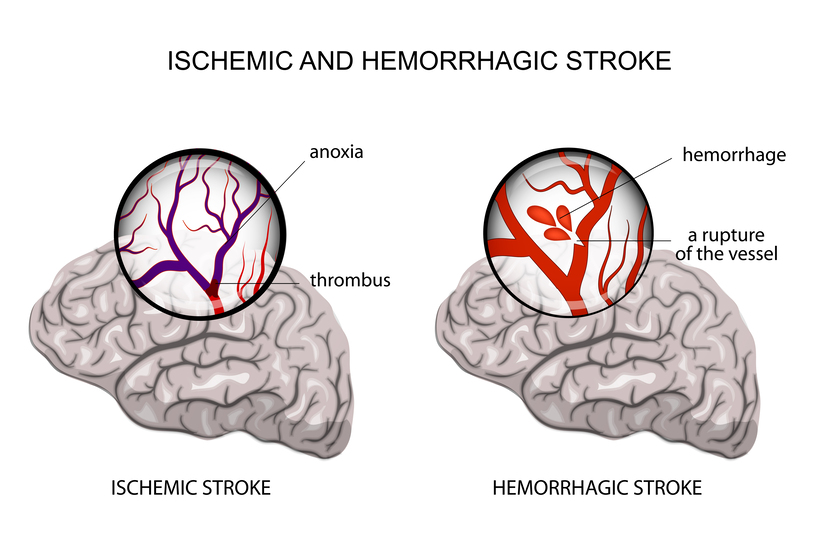Stroke is a serious medical condition that affects millions of people worldwide. As people age, their risk for stroke increases, making it an important topic to discuss, especially for elderly folks. In this article, we will explore how stroke affects men and women differently in their 50s and what elderly folks can do to reduce their risk.
Stroke in the Elderly
Stroke occurs when the blood supply to the brain is disrupted, either by a blockage or a rupture in a blood vessel. This interruption can cause brain cells to die, leading to various disabilities and even death. Elderly folks are at a higher risk for stroke due to various factors such as high blood pressure, heart disease, diabetes, and high cholesterol.
How Stroke Affects Men and Women Differently in Their 50s
Although stroke affects men and women in similar ways, there are some differences in how it affects them, especially in their 50s.
- Hormones: One of the main differences between men and women is hormones. Women have different hormones than men, which can influence their risk for stroke. For example, estrogen is thought to have a protective effect on blood vessels, which may explain why women have a lower risk for stroke before menopause. However, after menopause, women’s risk for stroke increases, making it important for women to take steps to reduce their risk.
- Symptoms: Men and women may experience different stroke symptoms. For example, women may have more atypical symptoms such as sudden hiccups, nausea, and general weakness, while men may experience more typical symptoms such as sudden weakness or numbness on one side of the body, slurred speech, and confusion.
- Recovery: Men and women may also recover differently after a stroke. Women may have a more difficult time recovering from a stroke due to various factors such as hormonal changes, caregiving responsibilities, and senior social support.
Reducing the Risk of Stroke
While stroke is a serious condition, there are steps elderly folks can take to reduce their risk. Some of these steps include:
- Managing Blood Pressure: High blood pressure is one of the leading causes of stroke, making it important for elderly folks to manage their blood pressure. This can be done through various lifestyle changes such as eating a healthy diet, exercising regularly, and quitting smoking.
- Controlling Diabetes: Elderly folks with diabetes are at a higher risk for stroke, making it important to control their blood sugar levels through medication, diet, and exercise.
- Maintaining a Healthy Weight: Elderly folks who are overweight or obese are at a higher risk for stroke, making it important to maintain a healthy weight through diet and exercise.
- Getting Regular Check-Ups: Regular check-ups can help elderly folks identify and manage risk factors for stroke such as high blood pressure, heart disease, and diabetes.
Conclusion
Stroke is a serious medical condition that affects millions of people worldwide, especially elderly folks. While stroke affects men and women in similar ways, there are some differences in how it affects them, especially in their 50s. Elderly folks can reduce their risk for stroke by managing their blood pressure, controlling their diabetes, maintaining a healthy weight, and getting regular check-ups. By taking these steps, elderly folks can protect their health and reduce their risk for stroke.







